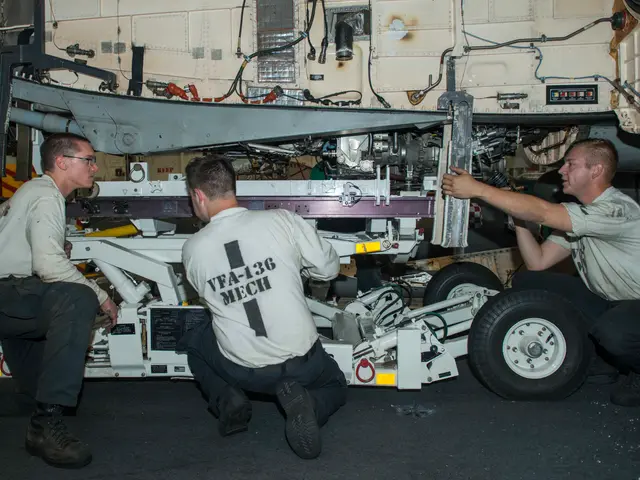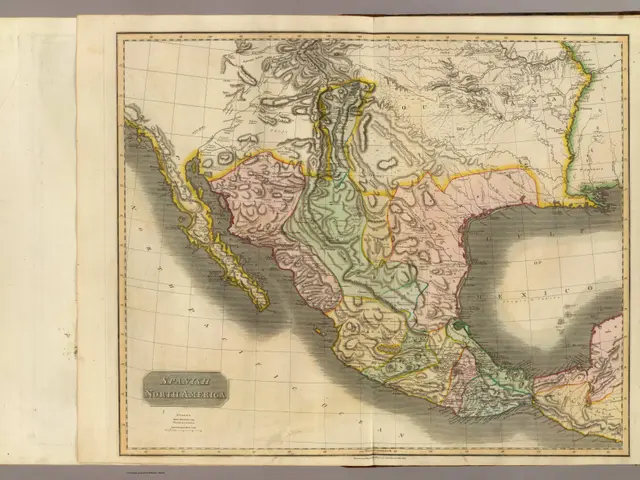Planet-wide connectivity continues unabated, despite globalization's demise
In the year 1985, during their first summit in Geneva, Switzerland, U.S. President Ronald Reagan and Soviet leader Mikhail Gorbachev engaged in a private conversation that was unprecedented in its nature. Reagan, in a forward-thinking move, broached the topic of cooperation in case of an attack from outer space, signalling a hopeful start to a new era of international relations.
However, the optimism from that historic moment proved short-lived. Trade wars, nationalist and nativist politics, and geopolitical rivalries have since undermined the previous consensus, leading to a world where cooperation has lost its luster. This is evident in the current state of global affairs, characterised by "barbed-wire globalization," where relations are managed through spheres of influence instead of common institutions.
In 2015, world leaders attempted to steer the ship of global politics towards a more sustainable course. Three landmark agreements were delivered: the Addis Ababa Action Agenda on development financing, the UN Sustainable Development Goals, and the Paris climate agreement. Yet, the picture today is far from rosy. Defense budgets dwarf climate investments, with global defense spending reaching a record US$2.7 trillion last year, marking an inflation-adjusted increase of 9.4% over the previous year and representing nine consecutive years of such spending increases.
The nearly US$3 trillion devoted annually to defense could cover a significant portion of the investments needed to decarbonize our economies, adapt to climate change, and preserve biodiversity. But the danger is not that the technology would fail, but that it would be harnessed first for conflict, not collective survival. This is a concern highlighted by Bertrand Badre, a former managing director of the World Bank, in his book "Can Finance Save the World?" Badre is also involved in several organizations related to sustainability and finance.
Climate change, ecosystem collapse, and widening social inequalities are pressing threats that endanger humanity. Strategies to confront them have been elaborated in countless policy documents and experts' reports. Yet, the planet is receding from political consciousness while humanity remains interdependent.
The concept of "planetarization" is proposed, which emphasizes that preserving the planet is the precondition for everything else. This perspective could be advanced in upcoming gatherings, such as the UN Climate Change Conference (COP30) in Belem, Brazil. It is crucial that we heed this call and work together to ensure a sustainable future for all.
Read also:
- Amidst India's escalating climate crisis, transgender individuals continue to persevere
- Contentious Discussion Surrounding the Movie Release of "Planet of the Humans"
- Germany's three-month tenure under Merz's administration feels significantly extended
- Norway set to allocate proceeds from sales of tickets for a soccer match against Israel to Médecins Sans Frontières (MSF)








